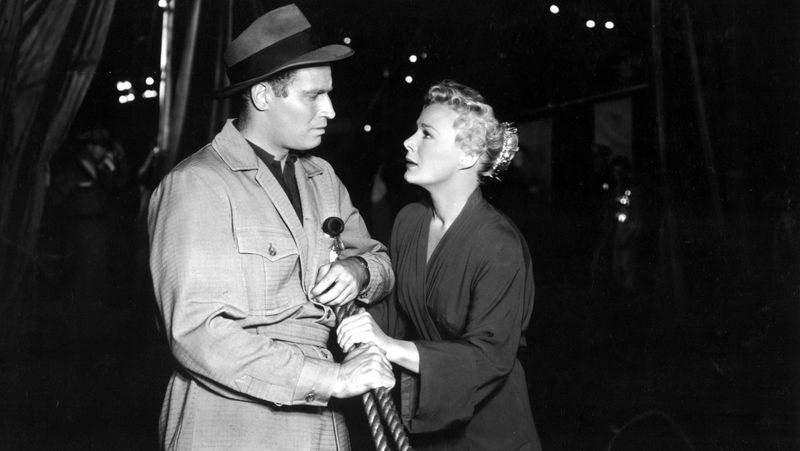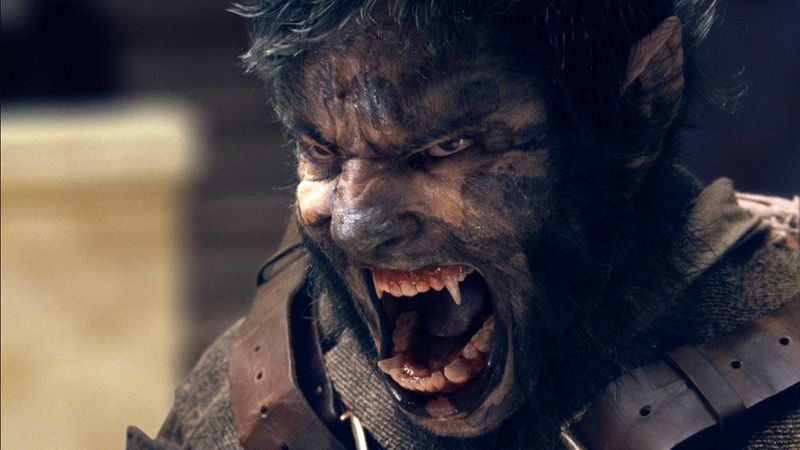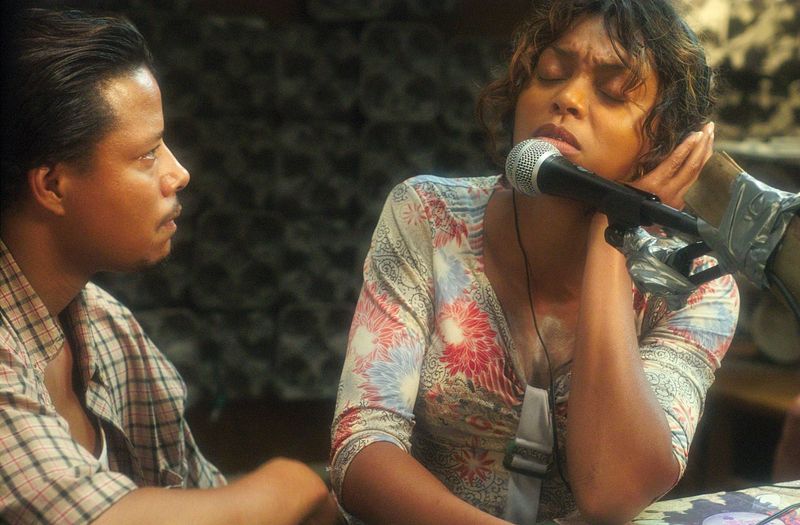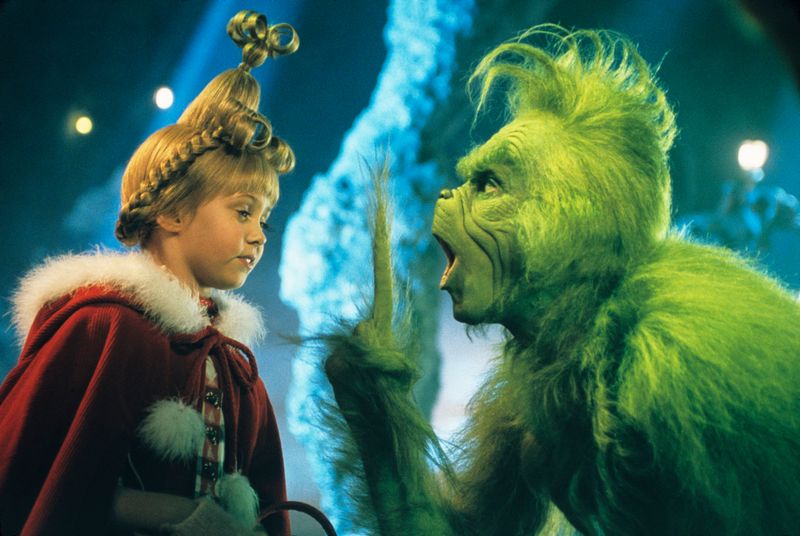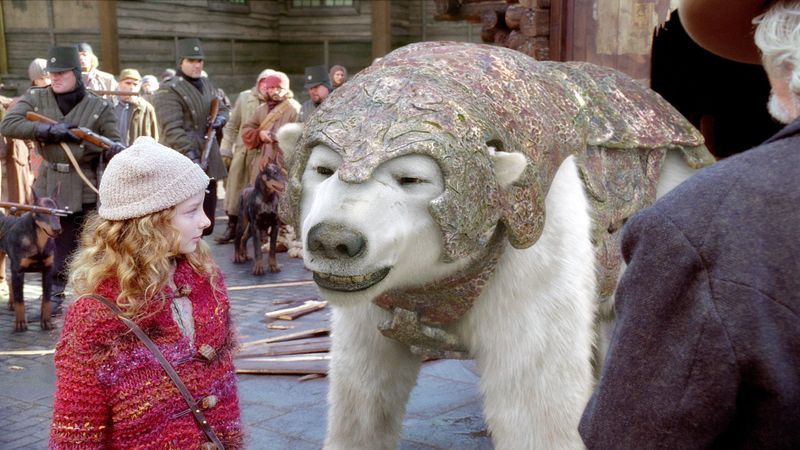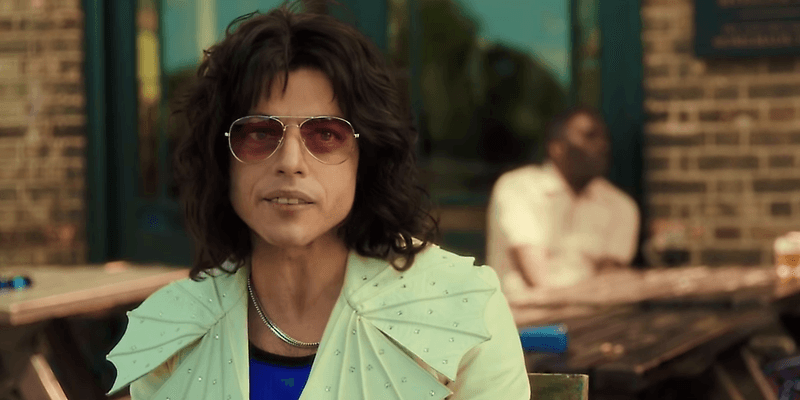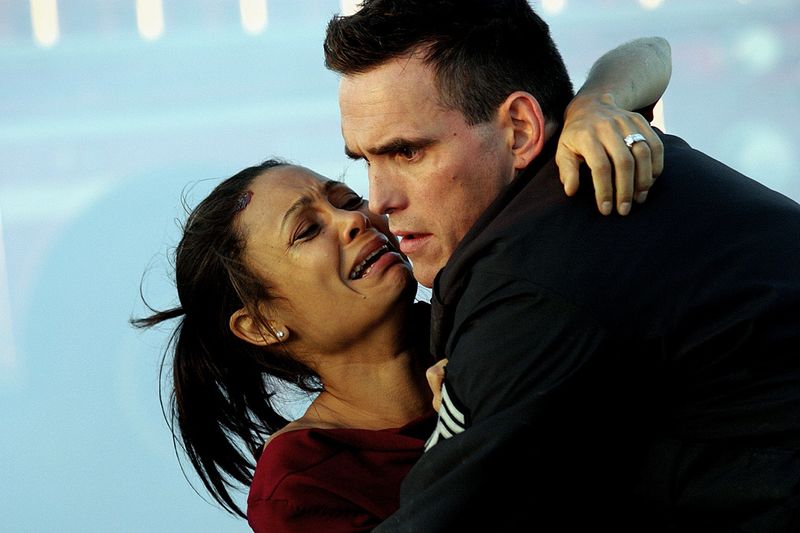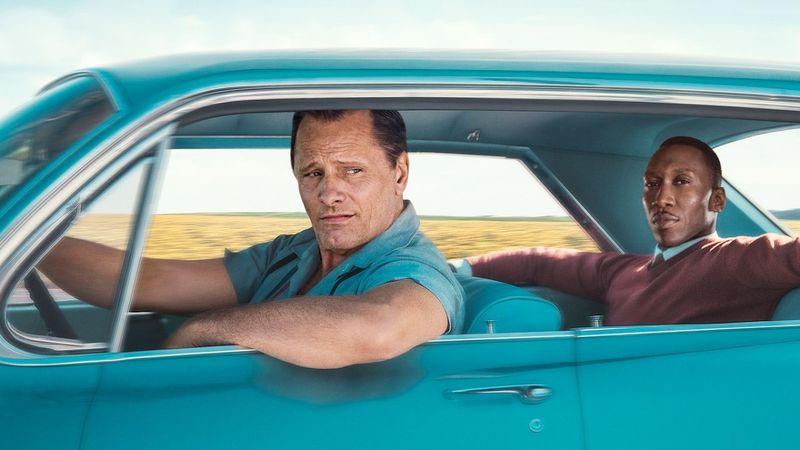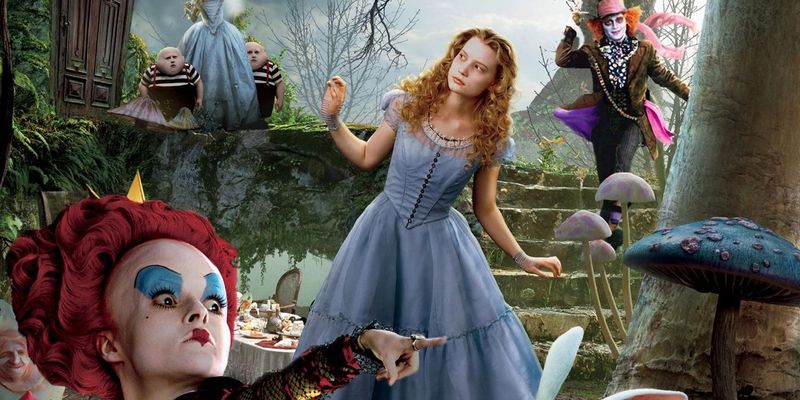The Oscars are known for celebrating the best in film, but sometimes, the decisions leave us scratching our heads.
Here are 15 shocking Oscar victories where the winning films were considered less than stellar by critics and audiences alike. These awards left many wondering what the Academy was thinking.
1. The Greatest Show on Earth (1952) – Best Picture
Winning Best Picture, “The Greatest Show on Earth” remains one of the most criticized Oscar decisions. The film, centered around circus life, featured dazzling spectacles but was considered lackluster in storytelling.
It controversially won over iconic films like “High Noon” and “Singin’ in the Rain,” causing quite a stir among critics and audiences. The film’s lavish production and star-studded cast didn’t compensate for its narrative weaknesses.
This Oscar win continues to be debated as one of the Academy’s most perplexing choices, illustrating how spectacle can sometimes overshadow substance in award decisions.
2. Suicide Squad (2016) – Best Makeup and Hairstyling
“Suicide Squad” managed to win the Oscar for Best Makeup and Hairstyling, despite receiving harsh criticism for its plot and character development.
The film, packed with vibrant characters like Harley Quinn and the Joker, showcased elaborate makeup that stood out. Though the story was chaotic and panned by critics, the distinct appearance of its characters caught the Academy’s eye.
The award left many surprised, as the movie’s artistic elements seemingly overshadowed its narrative flaws. Fans of the DC universe were thrilled, but many moviegoers were left questioning the Academy’s decision.
3. The Wolfman (2010) – Best Makeup
“The Wolfman,” a remake of the classic horror film, won an Oscar for Best Makeup. The movie, however, failed to impress at the box office, with audiences and critics alike finding its storyline lacking.
The transformation scenes and makeup artistry, particularly in creating the wolf-like creature, were highly praised. Despite its captivating visuals, the film didn’t manage to evoke the intended horror or suspense.
This Oscar win highlighted the disconnect between technical craftsmanship and overall cinematic quality, as the award focused solely on the visual artistry rather than the film’s content.
4. Hustle & Flow (2005) – Best Original Song
Hustle & Flow was met with critical acclaim for its gritty portrayal of a Memphis hustler striving to become a rapper. However, the Oscar win for Best Original Song by Three 6 Mafia was unexpected. The group made history as the first hip-hop artists to win an Oscar for music, with a song that authentically captured the film’s raw essence.
The song’s win was groundbreaking, challenging the traditional boundaries of Oscar music categories, and brought hip-hop into the awards spotlight in a way never seen before. It celebrated the cultural impact and storytelling power of hip-hop, even if some viewed it as unconventional for the Academy.
This victory remains a milestone in Oscar history, illustrating how music from any genre, when effectively tied to a film’s narrative, can achieve critical acclaim.
5. How the Grinch Stole Christmas (2000) – Best Makeup
Jim Carrey’s portrayal of the Grinch was a highlight of the film, which won an Oscar for Best Makeup. While audiences enjoyed Carrey’s performance, critics felt the film was far from Oscar-worthy.
The imaginative makeup and costume design brought Dr. Seuss’s character to life in a visually captivating manner. However, the film’s storytelling and pacing were criticized, leaving many to wonder if the makeup was the only redeeming quality.
This win illustrated how aesthetic elements can sometimes overshadow narrative depth, leading to surprising Oscar victories in the technical categories.
6. Pearl Harbor (2001) – Best Sound Editing
“Pearl Harbor,” directed by Michael Bay, won an Oscar for Best Sound Editing, despite mixed reviews. The film was criticized for its historical inaccuracies and melodramatic plot, yet its sound design was undeniably impressive.
The intense battle scenes, complete with roaring engines and explosions, were crafted to immerse viewers in the chaos of war. While the narrative and character development left much to be desired, the technical prowess in sound effects secured its Oscar win.
This award highlighted the Academy’s appreciation for auditory excellence, even when the film’s content didn’t meet expectations.
7. The Golden Compass (2007) – Best Visual Effects
Although “The Golden Compass” failed to ignite the box office and was deemed a franchise-killer, it won an Oscar for Best Visual Effects. The film’s visual spectacle, featuring enchanting worlds and CGI creatures, was undeniably breathtaking.
However, critics pointed out its disjointed narrative and lack of depth. The visual effects department excelled in creating a believable and magical universe, which won over the Academy.
This win serves as a reminder of how technical achievements can sometimes triumph over storytelling, particularly when the visuals are as striking as those in “The Golden Compass.”
8. A Star Is Born (2018) – Best Original Song (“Shallow”)
“A Star Is Born” garnered attention for its hit song “Shallow,” winning the Oscar for Best Original Song. While the song was universally acclaimed, some believed the film itself didn’t match the song’s success.
The chemistry between Bradley Cooper and Lady Gaga was praised, yet the movie’s pacing and narrative choices received mixed reviews. Despite these criticisms, the emotional impact of “Shallow” resonated with audiences worldwide.
This Oscar win highlighted how a powerful song can elevate a film’s status, even if the overall execution doesn’t fully satisfy all viewers.
9. Bohemian Rhapsody (2018) – Best Editing
“Bohemian Rhapsody,” despite its continuity issues, won the Oscar for Best Editing. Many viewers and critics were surprised, as the film’s editing was often pointed out as one of its flaws.
However, the energetic concert sequences, particularly the Live Aid performance, showcased impressive editing skills. The film’s ability to capture the essence of Queen’s music and Freddie Mercury’s charisma was undeniable.
Yet, this Oscar win sparked conversations about the criteria for editing awards, with some arguing that the emotional impact overshadowed technical imperfections, raising questions about the Academy’s decision-making process.
10. Crash (2004) – Best Picture
“Crash” winning Best Picture remains one of the most controversial Oscar decisions. The film’s portrayal of race relations was seen as oversimplified by many critics, yet it managed to resonate with the Academy.
Its victory over “Brokeback Mountain” shocked audiences and fueled debates about the Academy’s preferences. While “Crash” attempted to tackle complex issues, its execution was seen as heavy-handed.
This Best Picture win continues to be a subject of discussion regarding the Academy’s choices, reflecting the ongoing tension between social themes and artistic quality in Oscar-winning films.
11. Green Book (2018) – Best Picture
“Green Book,” despite criticism for its simplified narrative on race, won Best Picture. The film, inspired by true events, followed the unlikely friendship between an African American pianist and his Italian-American driver.
While praised for its performances, especially by Mahershala Ali, the film faced backlash for its handling of racial issues. Critics argued that it offered a feel-good solution to complex social problems, overshadowing more deserving films like “Roma.”
The Oscar win sparked conversations about representation in Hollywood, with many questioning if the Academy valued accessibility over authenticity in its decision.
12. Alice in Wonderland (2010) – Best Art Direction & Best Costume Design
Tim Burton’s “Alice in Wonderland” won Oscars for Best Art Direction and Best Costume Design, despite being criticized for its overreliance on CGI. The film’s visual elements were undeniably striking, bringing the eccentric world of Wonderland to life.
However, the storytelling was seen as lacking depth and coherence. The elaborate costumes and imaginative set designs captured the Academy’s attention, securing these wins.
This instance highlights how visual creativity can sometimes elevate a film’s status, even when the narrative doesn’t resonate with audiences, showcasing the Academy’s appreciation for artistic innovation.
13. Congo (1995) – Best Sound Nomination (Didn’t win, but… why was it even considered?)
“Congo,” a film about killer apes, surprisingly received an Oscar nomination for Best Sound. The movie, often ridiculed for its absurd plot and poor execution, left critics baffled by its recognition.
The sound design, featuring jungle atmospheres and roaring apes, was one of its few standout features. Despite not winning, the nomination itself raised eyebrows, illustrating how technical aspects can sometimes garner attention in unexpected ways.
This nomination remains a curious footnote in Oscar history, sparking discussions about what elements of filmmaking the Academy chooses to recognize.
14. Transformers: Revenge of the Fallen (2009) – Best Sound Mixing Nomination
The critically panned “Transformers: Revenge of the Fallen” earned an Oscar nod for Best Sound Mixing. Despite its poor reception and incoherent plot, the film’s sound mixing was acknowledged for its complexity.
The dynamic range of noises, from the clashing of metal robots to explosive action scenes, showcased technical proficiency. However, the nomination surprised many, given the film’s overall negative feedback.
This instance highlighted how specific technical categories within the Oscars can recognize excellence, even in films that otherwise fail to impress, revealing the multifaceted nature of cinematic appreciation.
15. The Tourist (2010) – Golden Globe Nominations (Not an Oscar, but still baffling)
“The Tourist,” while not an Oscar winner, received surprisingly high-profile Golden Globe nominations. The film, featuring Johnny Depp and Angelina Jolie, was deemed lackluster by critics, yet its nominations in major categories raised questions.
Its glamorous setting in Venice and star power were not enough to overcome a weak plot and uninspired direction. The unexpected recognition led to discussions about awards processes and criteria.
Although not an Oscar-related surprise, its nominations remain a point of curiosity regarding how certain films, despite evident flaws, capture the attention of award bodies.

